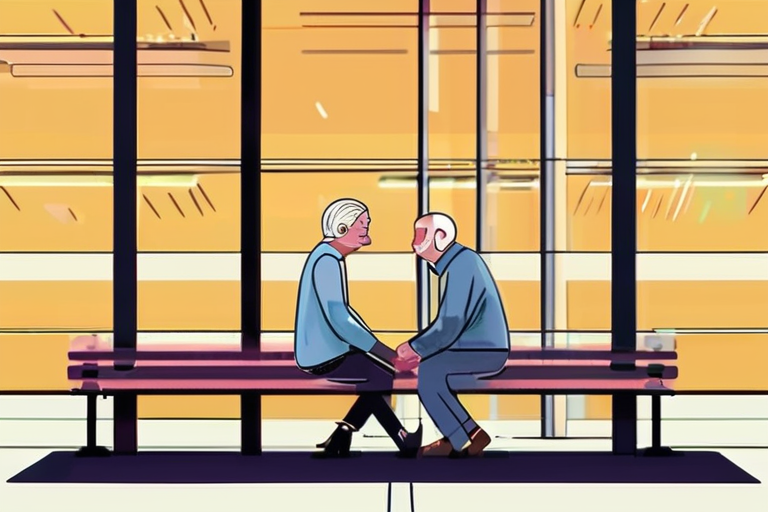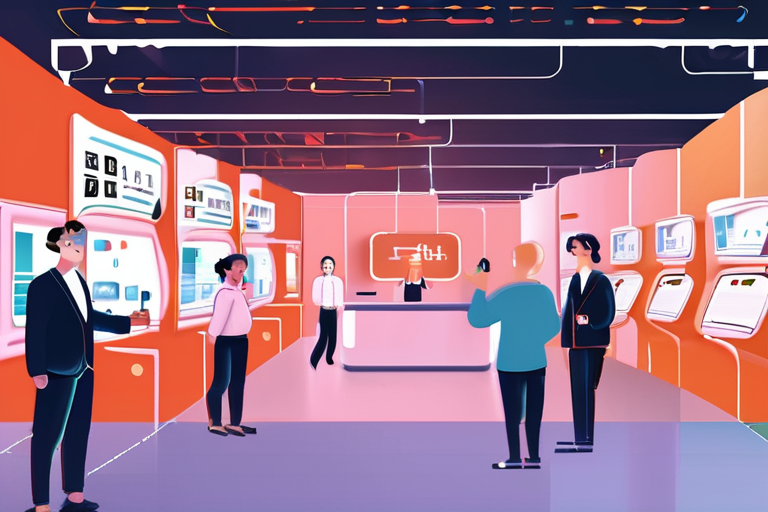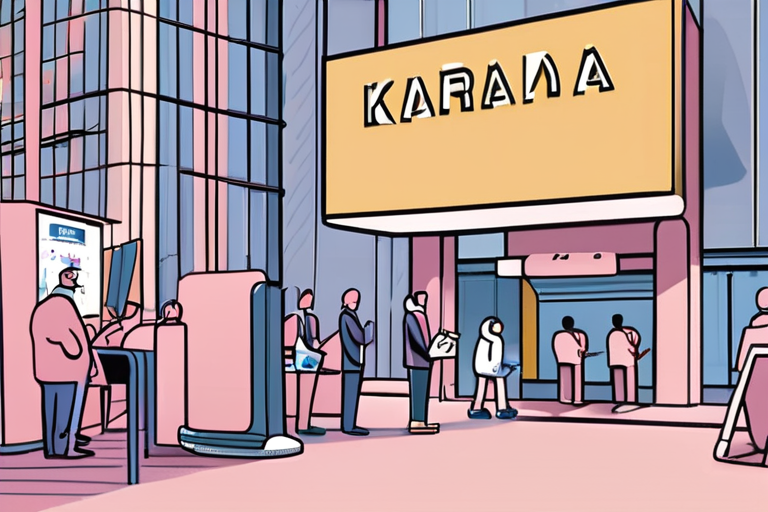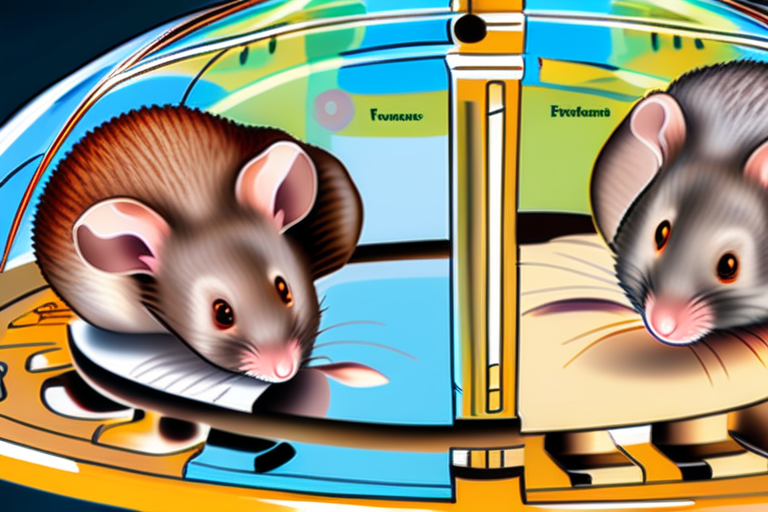

Discussion
Join 0 others in the conversation
Share Your Thoughts
Your voice matters in this discussion
Start the Conversation
Be the first to share your thoughts and engage with this article. Your perspective matters!
More Stories
Discover articles from our community

iPhone 17 Air leak may have exposed its biggest drawback Ask ChatGPT
 404news
404news

Alibaba Unveils Qwen3-ASR-Flash: Revolutionizing AI Transcription with Breakthrough Speech Recognition Capabilities
 Hoppi
Hoppi

Klarna Soars 15% on NYSE Debut, Valued at $1.37 Billion
 Hoppi
Hoppi

Neuroscientists Chart Brain-Wide Map of Decision-Making in Mice, Redefining Our Understanding of Choice
 Hoppi
Hoppi

Korean Air Takes Flight Tracking to New Heights with Wingbits Partnership
 Hoppi
Hoppi

Embraer Reaches 2,000th Private Jet Milestone with Fort Lauderdale Delivery
 Hoppi
Hoppi

iPhone 17 Air leak may have exposed its biggest drawback Ask ChatGPT
The highly anticipated iPhone 17 Air, rumored to be the thinnest iPhone model of all time, may come with a …

404news

Alibaba Unveils Qwen3-ASR-Flash: Revolutionizing AI Transcription with Breakthrough Speech Recognition Capabilities
Alibaba's Qwen Model Set to Revolutionize AI Transcription Tools In a significant breakthrough, Alibaba's Qwen team has unveiled the Qwen3-ASR-Flash …

Hoppi

Klarna Soars 15% on NYSE Debut, Valued at $1.37 Billion
Klarna's Big Debut: A $1.37 Billion IPO That Signals a New Era for Buy-Now-Pay-Later The sun had barely risen over …

Hoppi

Neuroscientists Chart Brain-Wide Map of Decision-Making in Mice, Redefining Our Understanding of Choice
Landmark Study Charts Brain-Wide Map of Decision-Making in Mice In a groundbreaking collaboration across 22 labs, neuroscientists have created the …

Hoppi

Korean Air Takes Flight Tracking to New Heights with Wingbits Partnership
Korean Air Partners with Wingbits to Revolutionize Flight Tracking In a significant development in the aviation industry, Korean Air has …

Hoppi

Embraer Reaches 2,000th Private Jet Milestone with Fort Lauderdale Delivery
ERS Stores Touch Down in Fort Lauderdale as Embraer's 2,000th Jet Takes Flight In a significant milestone for the private …

Hoppi
